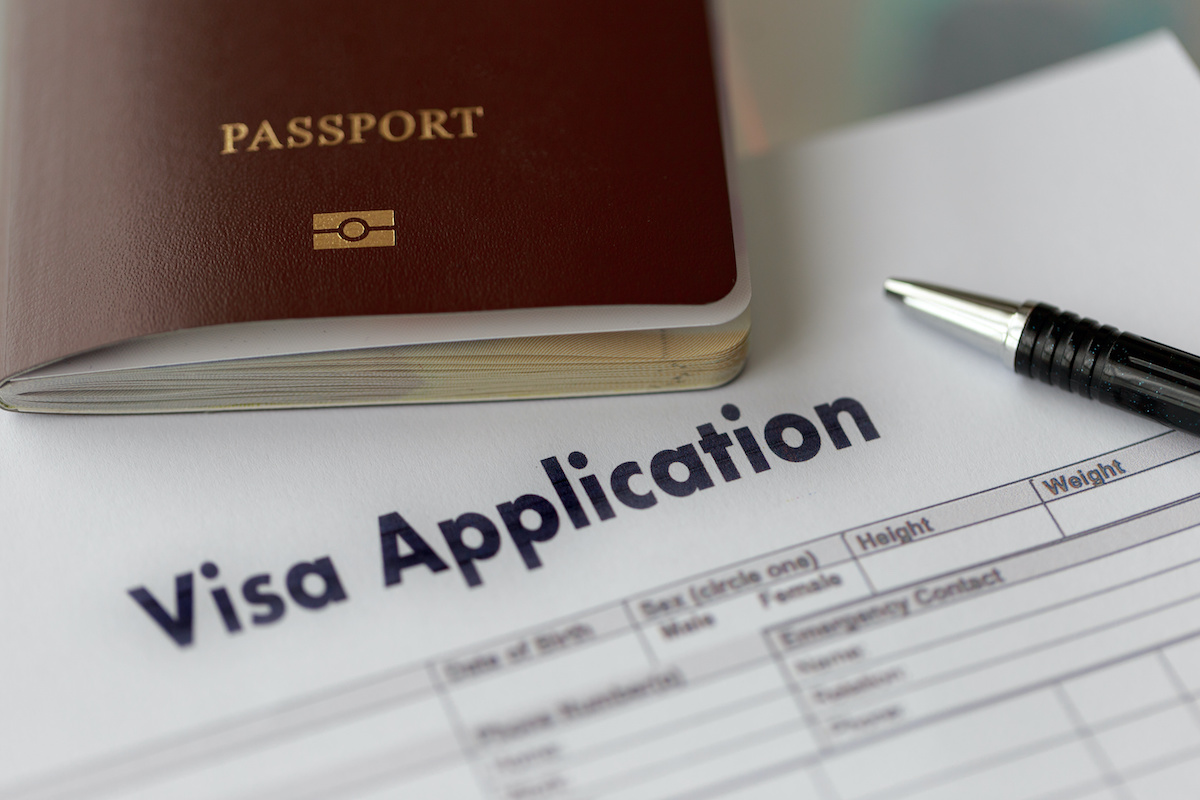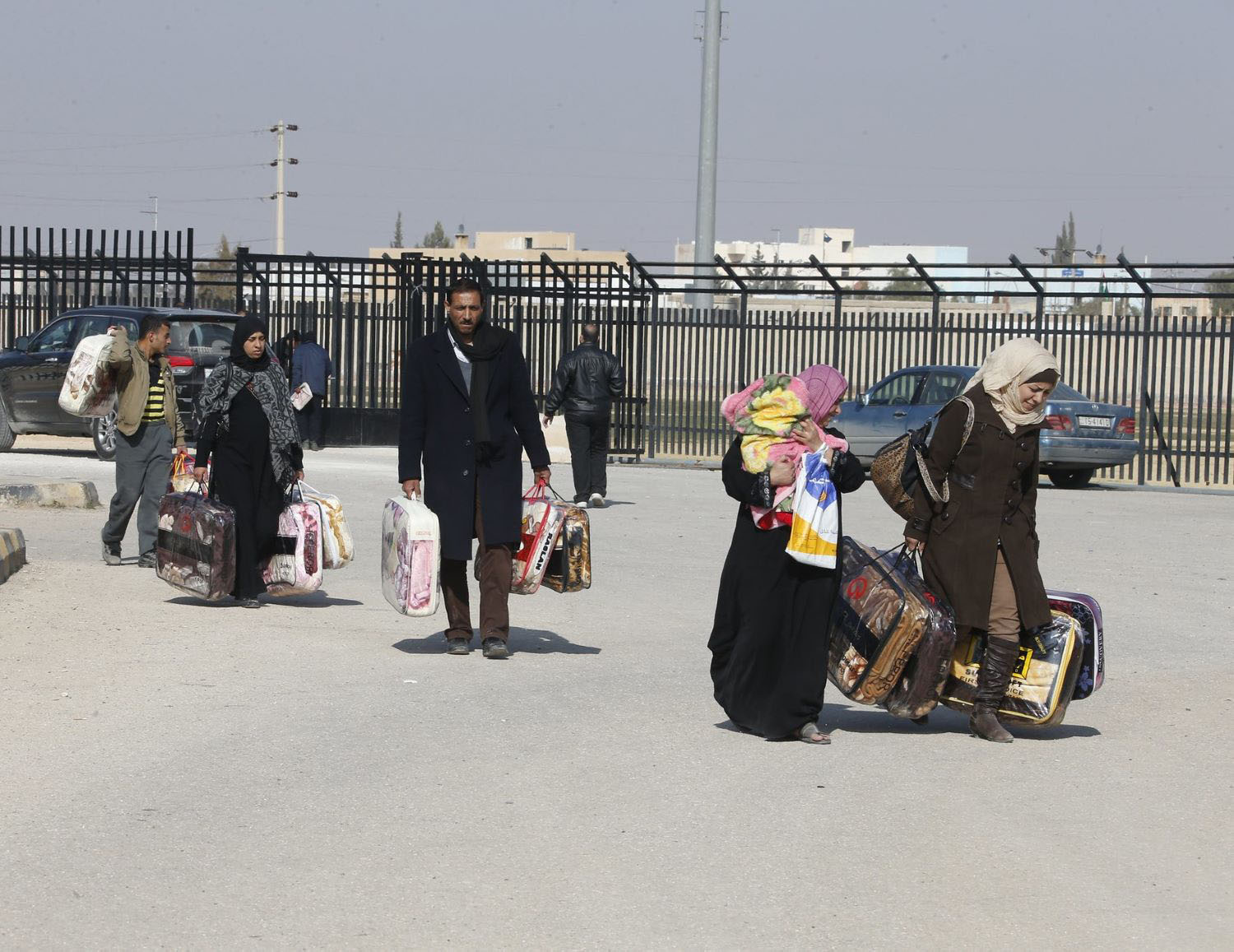Recommended
In June 2022, the #LetThemWork initiative partnered with the East African Centre for Forced Migration and Displacement to hold a workshop for multinationals and private sector actors. The aim? To understand how they were engaging on refugee economic inclusion issues, particularly in low- and middle-income countries. This blog summarizes these discussions and charts a way forward for multinationals and the private sector to increase their support of refugee economic inclusion.
Why engage on refugee economic inclusion?
In many hosting countries, particularly low- and middle-income countries, refugees do not have the legal right to work or move. In others, practical barriers stand in the way of full economic inclusion. Yet evidence has shown that, if these restrictions are removed, refugees can contribute greatly to their host countries as employers, employees, taxpayers, and innovators.
In a previous blog, we summarized how the private sector would benefit from expanded refugee economic inclusion, including leveraging human capital; building sustainable and resilient supply chains; and increasing brand loyalty. Despite these benefits, in many refugee hosting countries, private sector actors play a limited role in engaging on refugee issues. Multinationals have also, to date, had limited interaction with the private sector on these issues.
Bringing multinationals and the private sector together
With this in mind, our workshop brought together 38 multinationals, companies, nongovernmental organizations, and other global actors. We wanted to showcase where multinationals and private sector actors were working together to advance refugee economic inclusion—particularly within hosting countries where refugees did not have the legal right to work or move—to show what could be done.
It was a fascinating debate focusing on topics such as promoting access to work, extending business permits, facilitating accreditation of refugee skills and qualifications, and expanding financial services. As an illustration, three projects are highlighted below.
1. Re:Build: Rebuilding livelihoods for 20,000 refugees in Kenya and Uganda
The International Rescue Committee (IRC) presented their newest livelihoods investment, Re:Build. It aims to expand urban refugees’ economic inclusion through pushing for a better enabling environment and building technical and soft skills. Interestingly, it operates in two very different contexts: Kenya, with a (currently) very restrictive legal environment, and Uganda, with a much more open one.
In their presentation, IRC highlighted several barriers preventing full refugee economic inclusion, including exploitation (low wages, unsafe working conditions), as well as language and literacy issues. IRC is working with the private sector to ensure the refugees they are training through their vocational programs find employment, and encouraging greater collaboration with refugee-led markets and entrepreneurs.
2. Expanding private sector participation in Ethiopia
UNHCR-Ethiopia opened its presentation with an interesting question: how can the private sector advocate for refugee economic inclusion, when the entire nation is going through an economic crisis? Certainly, COVID-19 and increasing unemployment has made it difficult for such actors to do so. Yet this should be even more of an incentive to explore ways to increase the overall size of the labor market, something granting labor market access to refugees can do.
Certainly, artificial labor market constraints have not helped the country reap these potential benefits. For example, Ethiopia’s 2021-2030 Prosperity Plan aims to expand private sector participation in refugee economic inclusion. Yet most refugees are held in areas known as ‘frontier markets,’ meaning they are in border areas which are generally poorly accessible due to various factors. As a result, private sector participation here is very rare.
Yet some positive opportunities were outlined. UNHCR worked with Ethiopia’s Agency for Refugee and Returnee Affairs (ARRA) to design the 2019 Refugee Proclamation which expedites the process for work permits. Since it was enacted, 7,000 refugees have been given access to opportunities in the agricultural sector.
3. The Refugee Opportunity Index
The Refugee Investment Network (RIN) outlined their four-pillar initiative: (1) mobilizing investment for refugees through connecting refugee enterprises with capital; (2) supporting the marketing of refugee enterprises; (3) showcasing refugee entrepreneurs, their investments, and contributions as a way of voicing refugee impact; and (4) advocating for policy change in support of refugees through evidence-based data.
RIN’s Refugee Opportunity Index aims, among other things, to inform the private sector and investors about the opportunities and challenges faced by refugee entrepreneurs and incentivize investment in refugee-led value chains. Currently they are piloting the Index in ten countries from two regions: East Africa (three countries: Ethiopia, Kenya, Uganda) and Latin America (Belize, Chile, Colombia, Costa Rica, Dominican Republic, Ecuador and Peru).
The way forward
The workshop highlighted that, in many countries, multinationals and the private sector are increasingly engaging in refugee economic inclusion issues. This engagement is bringing to the fore the many issues refugees face in getting a job, starting a business, and acquiring financial capital.
So, what role should the private sector play going forward, and how can multinationals support them in doing so?
- Hiring refugees. In countries where refugees have the right to work, private sector actors should hire them. The Tent Partnership for Refugees has already done exceptional work to promote this. In countries where refugees don’t have the right to work, private sector actors and multinationals should identify areas to influence incremental policy change, such as expanding access to work and movement permits.
- Reducing bureaucracy. Even when refugees have the legal right to work, they may not be able to access the labor market due to bureaucratic regulations which prevent them from recognizing their qualifications or accessing work permits, business permits, and financial services. The private sector and multinationals can work to reduce these barriers through engaging with key legal and policy practitioners.
- Extending financial services. Another way private sector actors can make it easier for refugees to establish businesses is by extending financial services. This could include providing capital directly (through expanding lending and piloting innovative tools); lobbying governments to change “know your customer” requirements and reduce bureaucracy; and increasing financial literacy and accessibility among refugees. All of these interventions can be supported by multinationals with a good understanding of the context on the ground.
- Supporting skilling. Refugees often come to their host countries with a vast array of skills, qualifications, and experience, yet aren’t able to have these skills recognized. The private sector therefore has a vested interest in working with governments and multinationals to expand refugee credentialling efforts and supporting refugees to work within the formal sector.
Over the next few months, we will be showcasing examples of companies engaging in these four roles and how they have been supported by multinationals. We want to show that progress is possible, even in restrictive legal environments, and hope it encourages other private sector actors to get on board.
If you have other ideas, or examples you want to share, please do get in touch (Cassandra Zimmer, czimmer@cgdev.org).
Disclaimer
CGD blog posts reflect the views of the authors, drawing on prior research and experience in their areas of expertise. CGD is a nonpartisan, independent organization and does not take institutional positions.






